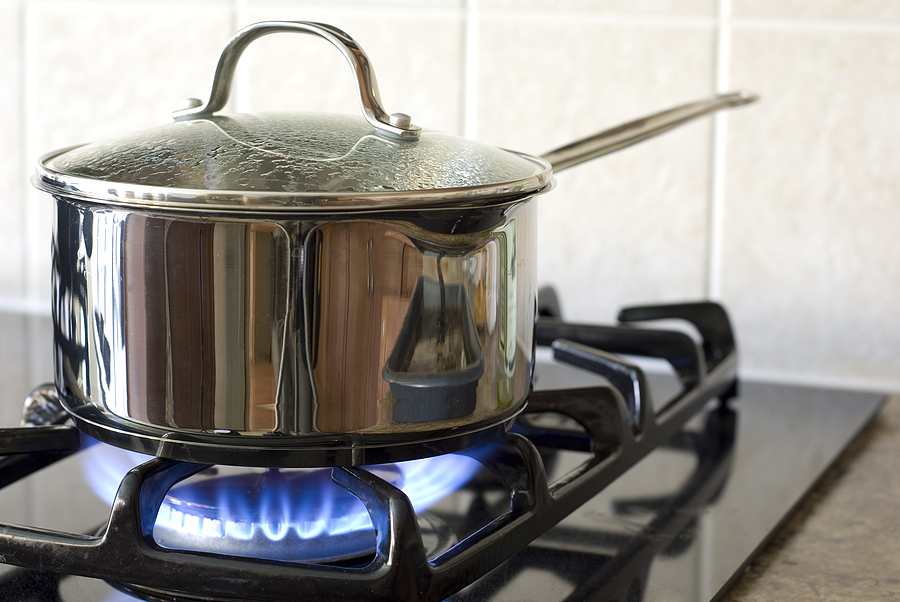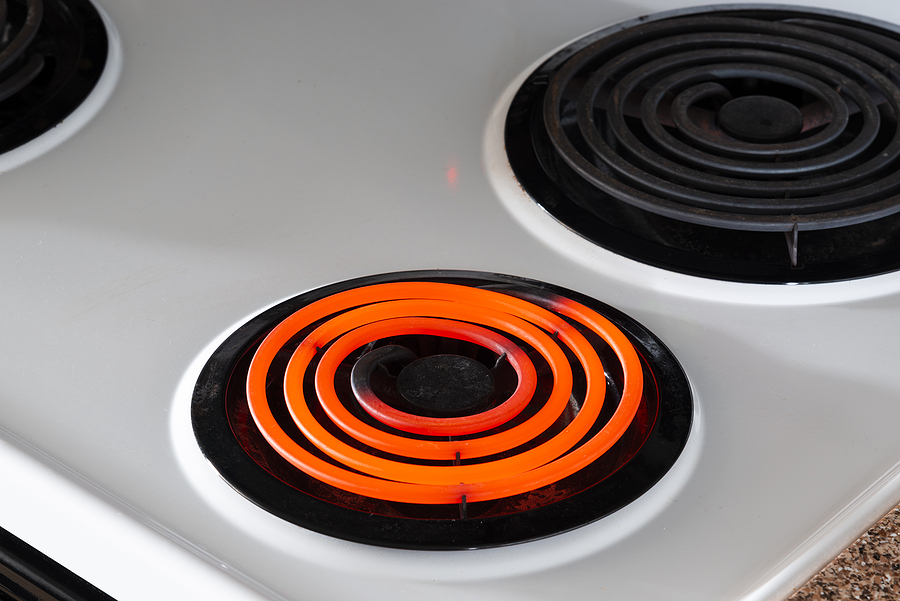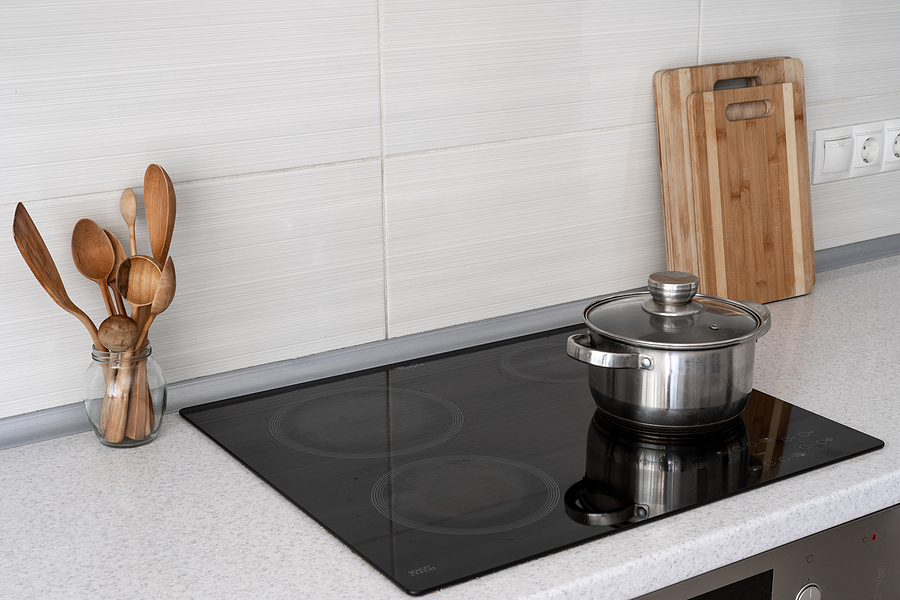Gas vs Electric Range – Which is the Best Choice for Your Home?
Buying a new range can be a big decision, especially if you are trying to decide between a gas vs electric range. Which is the best range – gas or electric? This is a long-standing debate much like the one about which is the best BBQ grill – charcoal or gas. Understanding the difference between the two and the pros and cons of each can help you decide which would be the best range to purchase for your home.
Power Source
When comparing a gas vs electric range, one of the biggest differences is the power source.
Gas ranges require a natural gas line or an LP (propane) tank installed in your home. Since the cooking surface is heated with a flame, some models may need to be vented. If you decide to purchase a gas range, be sure to ask if venting is required for the model you choose.
Electric ranges require an electrical source from a wall outlet (120 volts) to work properly. Traditionally, electric ranges had an exposed heat coil for burners and larger electric heating elements in the oven and broiler. Most of today’s electric ranges have a smooth stovetop surface with the heating element situated below it.
Temperature Control
For those who are culinary aficionados, this is where the biggest debate lies with gas vs electric ranges.
The knobs on a gas range allow you to easily adjust the flame and immediately reduce or increase the heat level. Gas flames provide a consistent level of heat unless they are adjusted. The cooktops on a gas range will heat up faster and cool down quicker because of their ability to instantly adjust the flame.
Electric ranges are also controlled by adjusting the knobs or by digital controls. However, the stovetop and oven take longer to heat up and cool down, limiting the amount of control you have over the heat level.
Ease of Cleaning
Cleaning a gas vs electric range is an important consideration as well, especially if the kitchen isn’t your favorite room in the house.
Gas ranges were generally thought to be easier to clean. Gas burners and grates can be removed from the cooktop and soaked in hot, soapy water until they are completely free of grease or grime. While they are soaking, the stovetop could be wiped down. Gas ranges also have removable broiler pans that can also be cleaned in the same manner.
An electric stove with exposed heating coils will collect spills and food particles in the pan beneath the coils. The coils can be unplugged and removed to clean beneath them. However, you know what a hassle it can be if you’ve ever done it. The coils can often be a bit difficult to put back correctly. This task has been eliminated with smooth electric stovetops, although spills can still be difficult to clean up, and keeping that sleek stovetop beautiful comes with a few challenges. On the plus side, electric ranges do eliminate the unpleasant task of cleaning the oven. Most of today’s models have a self-cleaning feature.
Energy Efficiency
The energy efficiency competition of a gas vs electric range is complicated.
Gas ranges are generally thought to be more energy-efficient than electric ranges. They can heat up faster than an electric stovetop so food spends less time sitting and waiting for the burners to reach their desired temperature. Gas is also a cleaner burning fuel than electricity or propane. Gas ranges typically have larger oven capacities too, allowing you to cook multiple dishes at once.
Electric ranges consume less electricity but they do require electricity 24 hours a day when not in use. Even though newer models may be more energy-efficient than their older counterparts, the extra time spent to reach the desired temperature typically results in the use of more energy than a gas range. Electric ranges also are thought to be a more environmentally friendly option as they leave behind almost no carbon footprint. However, the electricity can be traced back to the coal mines. By the same token, a gas range is hooked up to a gas pipeline which also has an impact on the environment.
Cost
The upfront cost of a gas vs electric range will depend on the models you are comparing. When comparing models with similar features, gas ranges will generally be more expensive but the difference in cost between the two has been shrinking over the years.
If you are replacing a gas or electric model with a range that uses the same power source, the cost should be about the same. The big expense comes if you are switching from gas to electric or vise-versa. Having a gas line or a new electrical outlet can significantly increase the cost of having a new range installed.
Gas vs Electric Range – Still Can’t Decide?
We get it, there are a lot of models to choose from and a variety of factors to consider. The team at Jersey Coast Appliance can help you assess your needs and preferences to find the perfect new range for your home. We carry all the top brands. You can check out our online selection if you’d like to do a little research before coming in to shop. Whether you know exactly what you want or are still on the fence, our knowledgeable sales team will be happy to help. Contact us or stop in today!









